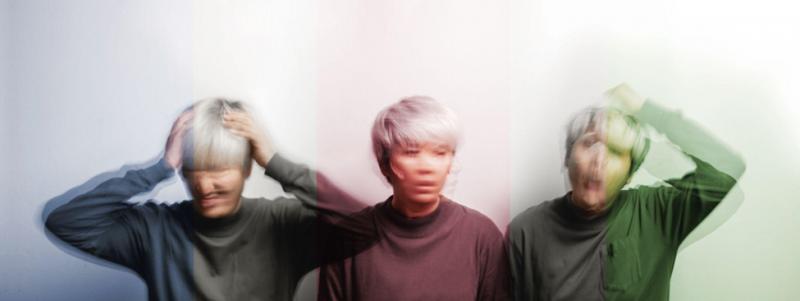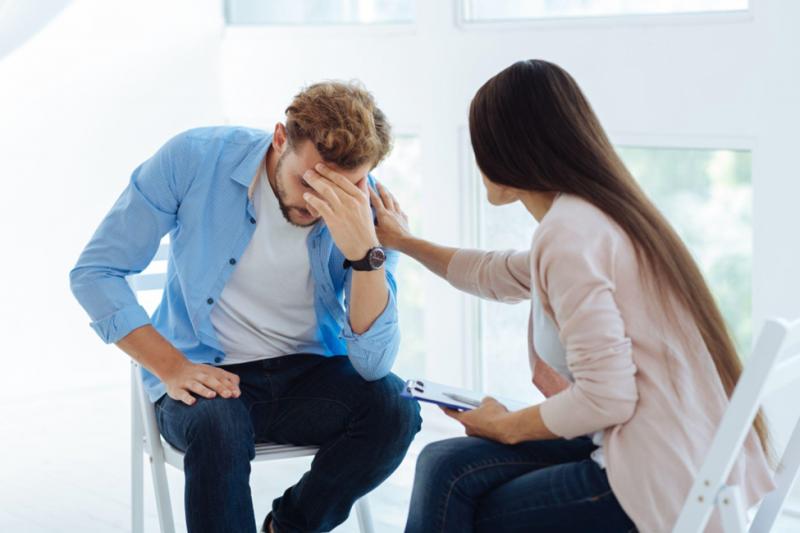Bipolar Best Treatment
Bipolar is a mental disorder that is identified by extreme mood swings. Mania, an elevated mood, and depression are the two most frequent mood swings experienced by people with bipolar disorder.
There are various bipolar treatment options available, but finding the best treatment plan can be tricky. This blog post will talk about some of the most effective treatments for bipolar disorder.

What Is Bipolar Disorder?
Bipolar disorder is a mental health issue that causes extreme mood changes. People with bipolar can go from feeling very happy or excited (known as mania) to feeling very sad and down (known as depression).
These changes can sometimes be so severe that they intrude on a person's functioning ability. There are several kinds of bipolar disorder, but all involve periods of mania and depression. Bipolar disorder is treatable, but it can be difficult to diagnose because the symptoms can mimic other mental health conditions. If you feel like you might have bipolar disorder, it's important to see a mental health professional for an evaluation. Most people with bipolar disorder can have healthy and productive lives with the help of treatment.
Symptoms Of Bipolar Disorder
The symptoms can be categorized into the following:
- Manic symptoms
- Depressive symptoms
Manic symptoms include:
- Increased energy levels
- The decreased need for sleep
- Increased or faster speech
- Increased risky behavior
- Racing thoughts
- Impulsivity
- Irritability
Depressive symptoms include:
- No interest in activities that were once delightful
- Fatigue
- Difficulty concentrating
- Feelings of worthlessness or guilt
- Restlessness
- Changes in appetite or weight
- Feelings of worthlessness or guilt
- Suicidal thoughts
What Are Some Of The Best Bipolar Treatments?
There are many treatment options available, some of them are:
Medication
One of the most effective treatments is bipolar medications. There are a variety of different medicines that can be used to treat bipolar disorder, and the kind of medication that is prescribed will depend on the individual's specific symptoms.
Some of the most common types of medication are:
Mood stabilizers: You'll frequently require a mood-stabilizing prescription to control mood disorders or manic episodes.
Antipsychotics: If symptoms of depression or mania continue despite being treated with other medicines, adding an antipsychotic drug like olanzapine (Zyprexa), risperidone (Risperdal), etc., might be helpful.
Antidepressants: Though an antidepressant may cause a manic episode, it is usually given alongside a mood stabilizer or antipsychotic medication.
Anti-anxiety medications: Although they are often used to treat anxiety and aid sleep, benzodiazepines generally only last for a short period.
Psychotherapy
Psychotherapy is another effective treatment for bipolar disorder. These therapy sessions can help individuals understand their condition and develop coping mechanisms to deal with the symptoms. Mental health professionals perform it, and psychotherapy can be conducted individually, in groups, or with family members.
Other therapies that might be helpful:
- Interpersonal and social rhythm therapy (IPSRT)
- Cognitive behavioral therapy (CBT)
- Psychoeducation
- Family-focused therapy
- Support Group
Hospitalization
In some cases, people with bipolar disorder might need hospitalization to stabilize their condition. This is only necessary if the individual is experiencing a severe manic or depressive episode and causing a danger to themselves or others. During hospitalization, individuals will receive close supervision and treatment from medical staff.
Electroconvulsive Therapy
Electroconvulsive therapy (ECT) is a treatment typically reserved for individuals with severe bipolar disorder who have not responded to other treatments. In ECT, they pass an electric current through the brain, which can help to improve mood and reduce symptoms. ECT is usually conducted on an outpatient basis and does not require hospitalization.
Substance Abuse Treatment
You'll also need substance abuse treatment if you have issues with drinking or drugs. Otherwise, it can be tough to manage bipolar disorder.
Lifestyle Changes
Making lifestyle changes can also help manage bipolar disorder. Some lifestyle changes that may be helpful include getting regular exercise, eating a healthy diet, getting enough sleep, and avoiding drugs and alcohol.
What Are The Benefits Of Bipolar Treatment?

Bipolar disorder is a mental health problem that causes drastic mood swings. These swings can range from periods of extremely high energy and happiness (known as mania) to deep lows of sadness and despair (known as depression). Treating bipolar disorder can be tough, but the treatments available can help.
Some of the most common treatments for bipolar disorder and their benefits are:
Benefits of Medication: It can help to stabilize mood swings and prevent them from becoming too extreme. It is the most common bipolar disorder treatment.
Benefits of Therapy: This can provide support and guidance for dealing with the symptoms of bipolar disorder.
Benefits of Lifestyle changes: Regular exercise and stress-relief techniques can help promote emotional balance.
Individuals with bipolar disorder can live happy and fulfilling lives with the right treatment plan.
What Should You Do If You Think Someone Close To You Has Bipolar Disorder?
Bipolar disorder is a mental illness that originates severe mood swings. If you feel the warning signs about someone you know has bipolar disorder, you must talk to them about your concerns. They may be disinclined to talk about their mental health, but it is important to encourage them to get help from a doctor or counselor.
If they are diagnosed with bipolar disorder, several treatments can help manage the condition. Medication can stabilize mood swings, and therapy can help teach coping skills. It is also necessary for friends and family members to be supportive and understanding.
If you are struggling to deal with someone's bipolar disorder, support groups and resources are available for counseling bipolar, both for the person with the problem and their loved ones. For example, Everyday Health Media Group. People with bipolar disorder can live healthy and happy lives with treatment and support.
How To Find The Best Bipolar Treatment For You?
There is no one-size-fits-all bipolar treatment, as what works for one person may not work for another. However, some common steps can be taken to find the best bipolar treatment for you.
First, it is important to consult a mental health professional to get an accurate diagnosis. Your doctor will discuss with you to develop a treatment plan tailored specifically for you and your situation. In many cases, a mixture of medication and therapy is the most effective approach.
Medication can help in stabilizing mood swings and relieve other symptoms, while therapy can provide support and guidance through difficult times.
Many self-help and support groups are also available for people with bipolar disorder, which can provide valuable information and connections.
Ultimately, the best bipolar treatment is the one that is according to your individual needs and improves the functioning and quality of life.
More to Read:
Previous Posts:








